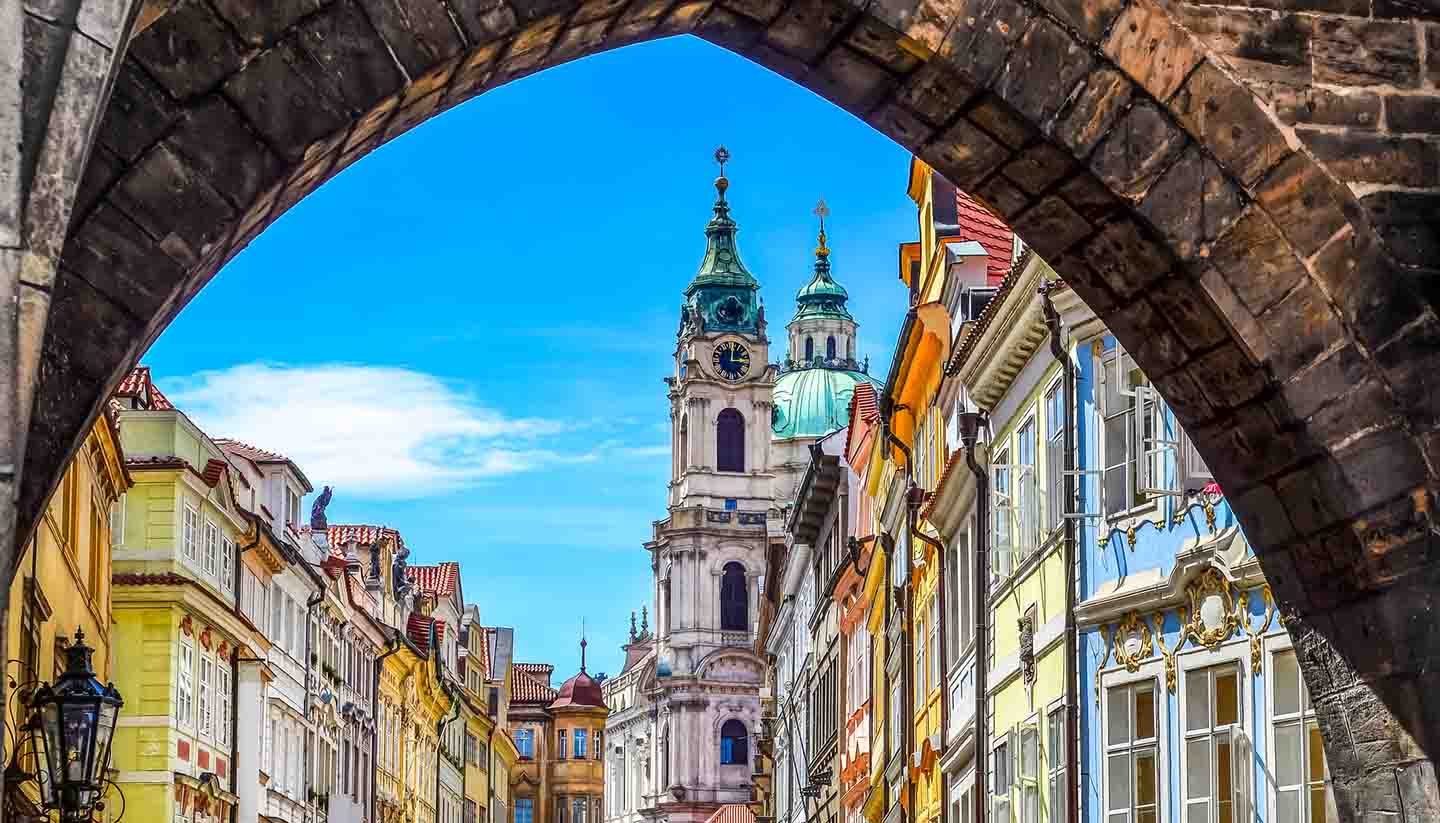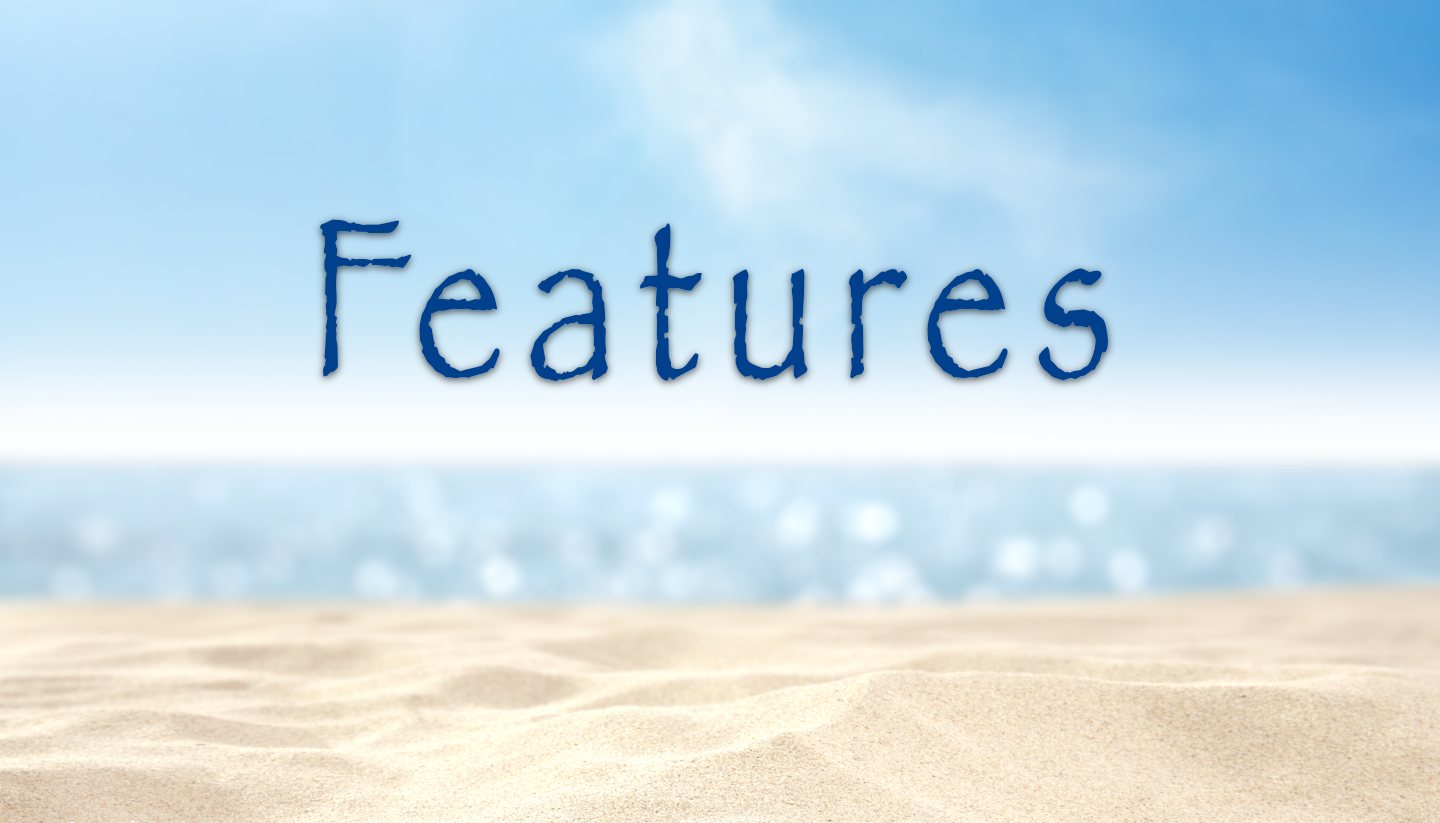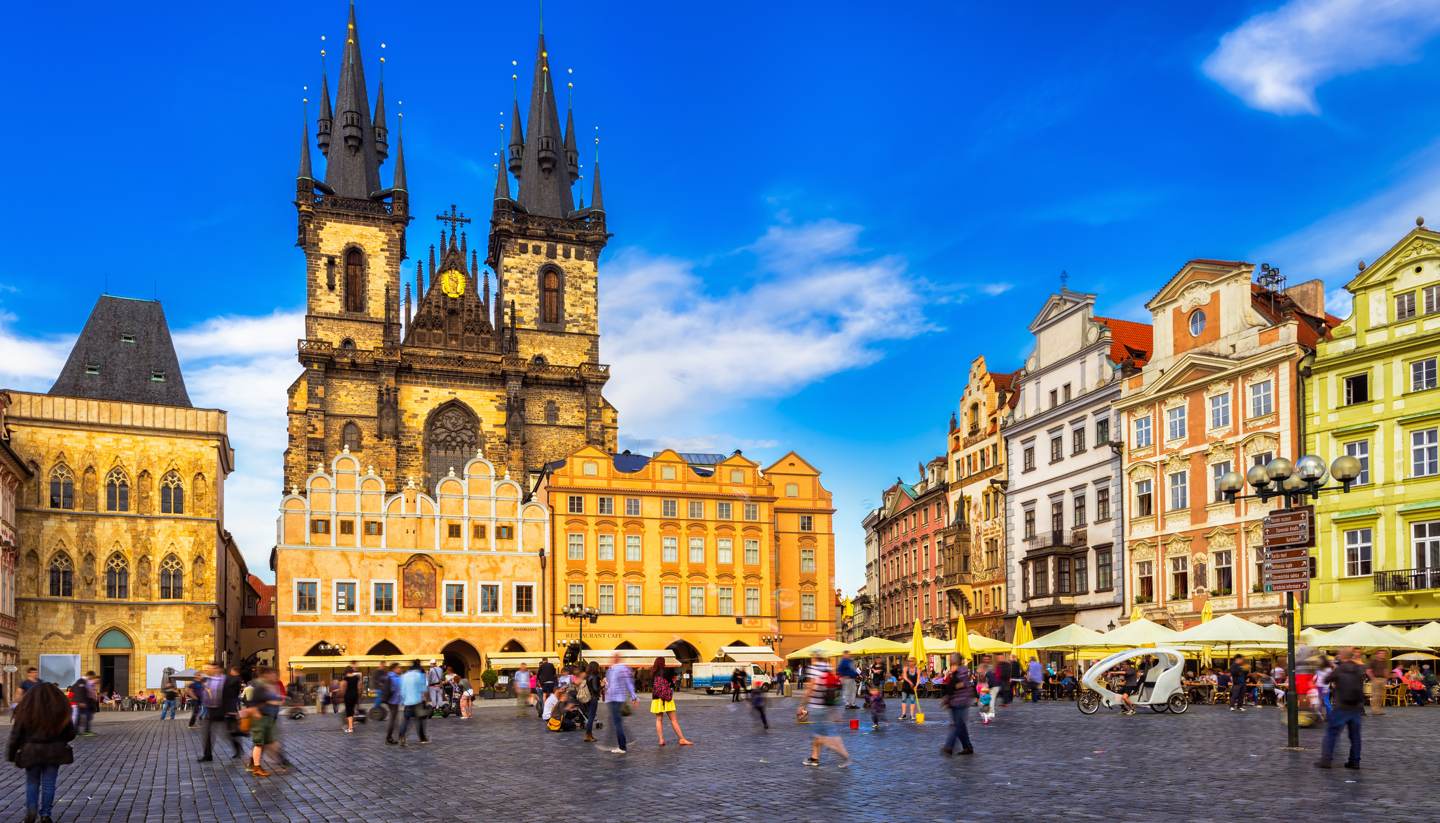Czech Republic History, Language and Culture
History of Czech Republic
The Czech Republic is one of Europe's most fledgling states, having only come into existence in 1993. But the narrative of this land and its people stretches far back into European history. Prior to the Czech Republic, the territory formed the westernmost region of Czechoslovakia, a country which itself had only been created in 1918, following the collapse of the Habsburg Empire after WWI.
But let's start at the beginning. There is evidence of life in this part of Europe since the Lower Palaeolithic era, yet the story of the Czech lands really began to take shape with the arrival of the Slavs in the 6th century. They founded the first West Slavic state, Great Moravia. This was followed by the Duchy of Bohemia, and later, the Kingdom of Bohemia, which reigned from the 9th century through to the 16th century, and oversaw a period of great prosperity and importance for the region (it is widely known by Czechs as 'the Golden Age').
The Habsburgs seized power of the Bohemian lands after this, and maintained this power in many different guises – latterly known as the Austro-Hungarian Empire – right up until the early 20th century.
In 1918, from the ashes of the Habsburgs grew the new democratic state of Czechoslovakia, which had a significant role on the European stage. However, this was curtailed in 1938, as Hitler's forces began their invasion of the country and took control. The Nazis maintained power for most of the war, until September 1944, when its liberation was started by the Red Army.
Unsurprisingly, it wasn't long before Czechoslovakia fell under communist rule, with a coup d'état in 1948 that would usher in 40 years of socialism. More liberal policies were briefly imposed in the 1960s – leader Alexander Dubček wanted to give socialism ‘a human face’ – but these were soon put to an end with the invasion of Soviet tanks in August 1968.
Since the Velvet Revolution of 1989, and the Velvet Divorce of 1993 (when the nation agreed to split into two separate countries, the Czech Republic and Slovakia), the Czech Republic has cemented its ties with Western Europe, including signing up as a part of the European Union. And it is now one of the most stable and prosperous of all post-communist European states.
Did you know?
• This may not come as a surprise to anyone that has been there, but Czech people consume the highest amount of beer per capita.
• Big Hollywood productions, including Casino Royale and Mission Impossible have all filmed in the Czech Republic.
• Former Czech President Václav Klau caused quite a stir back in 2011 after a video of him pocketing an expensive pen during an official visit to Chile went viral.
Czech Republic Culture
Religion in Czech Republic
Mostly Roman Catholic and some Protestant, including churches such as the Reformed, Lutheran, Methodist, Unity of Czech Brothers and Baptist. There is a small Jewish community, mainly in Prague. According to a Pew Research Center survey, 72% of the population were not affiliated with any religious beliefs.
Social Conventions in Czech Republic
It is considered polite to say ‘dobrý den’ (good day) when you meet a stranger, including the person behind the counter in a shop or a pub. You should also say 'na shledanou’ (goodbye) when you leave. The Czech manner can feel a little brusque sometimes, but often a smile and a joke will lighten up most interactions. When greeting a new person, shake hands, and maintain eye contact.
If you are invited to someone's house, it is polite to take a small gift - a bunch of flowers will do. Remember to remove your shoes when you enter. When attending a classical music concert, an opera performance or even the cinema, most Czechs will dress formally - you can usually spot the tourists by their casual clothes.
There is a smoking ban in public places, in railway stations, on public transport and in restaurants and pubs.
Language in Czech Republic
The official language is Czech, but Slovak is also widely spoken. English and German are also commonly spoken.
Phrases
Beer = Pivo
Closed = Zavreno
Danger = Nebezpeci / Pozor!
Do you speak English? = Mluvíš anglicky?
Doctor = Lékar
Eight = Osm
Eighty = Osmdesát
Entrance = Vchod
Exit = Vystup
Fifty = Padesáti
Five = Pet
Forty = Ctyricet
Four = Ctyri
Friday = Pátek
Goodbye = Ahoj
Hello = Dobrý den
Hotel = Hotel
How are you? = Jak se máš?
How much does it cost? = Kolik to bude stat?
I'm very well = Jde to
I don't understand = Je mi dobre
I feel ill = Citim se nemocny
Menu = Jidelni Listek
Monday = Pondelí
My name is … = Mé jméno je …
Nine = Devet
Ninety = Devadesát
No = Ne
One = Jeden
One Hundred = Sto
One Thousand = Tisíc
Open = Otevreno
Please = Prosím
Restaurant = Restaurace
Saturday = Sobota
Seven = Sedm
Seventy = Sedmdesát
Six = Sest
Sixty = Sedesát
Sunday = Nedele
Ten = Deset
Thank you = Dekuji
Thirty = Tricet
Three = Tri
Thursday = Ctvrtek
Today = Dnes
Toilets = Toalety / WC
Tomorrow = Zítra
Tuesday = Úterý
Twenty = Dvacet
Two = Dva
Wednesday = Streda
Where is …? = Kde je … ?
Wine = Víno
Yes = Ano (often shortened to 'No')




